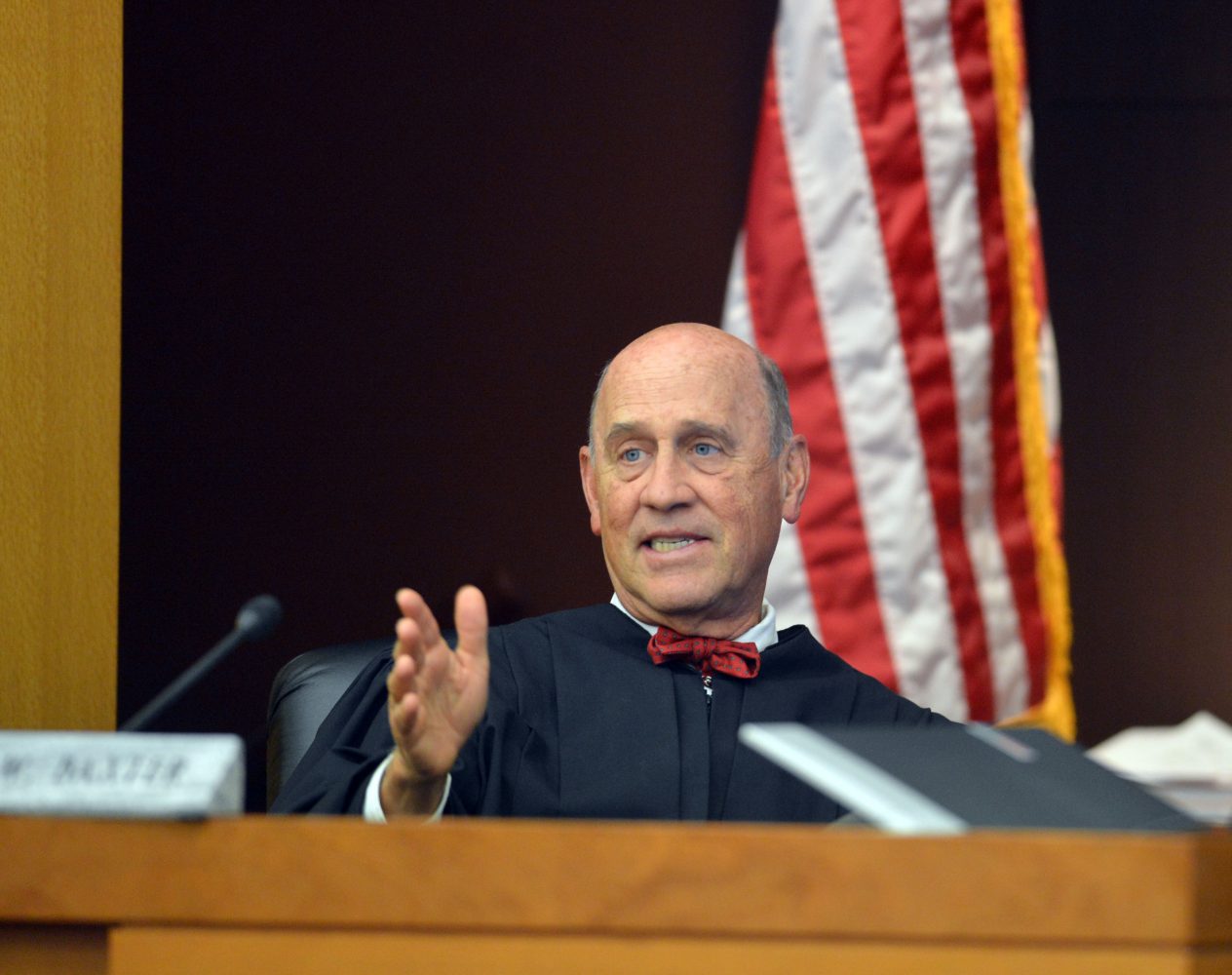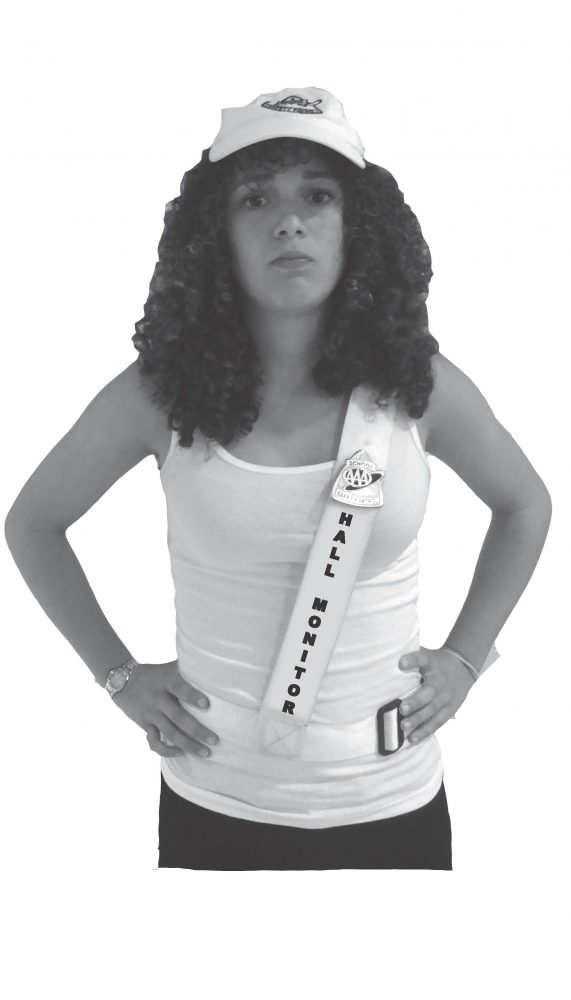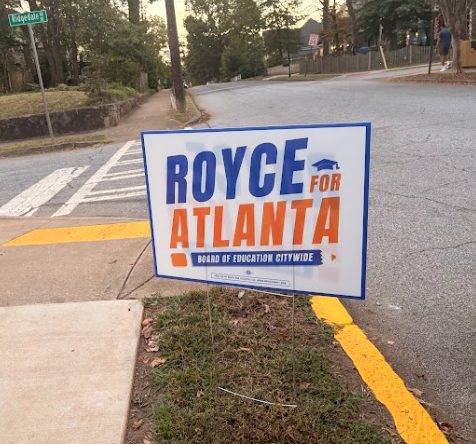BY SHAUN KLEBER
John Perry’s career was on the line. The reporter and data analyst was helping to report on stories that the 2009 National Superintendent of the Year had cheated—or at least benefited from false test scores—based on data alone. Teachers had been scared into silence. If Perry and The Atlanta Journal-Constitution were wrong, it would be a career-ending error.
It began small with retests for the Criterion Referenced Competency Test in 2008. Students who fail the CRCT are allowed to retake it in the summer, and beginning in 2008, those retest scores could be used toward a school’s Adequate Yearly Progress determination, which measures the performance of public schools based on standardized test scores. That same year, AJC reporter Heather Vogell and Perry noticed the retest scores did not make sense.
“John and I knew from a previous story that about half the kids who take this retest over the summer still fail it,” Vogell said. “We knew there wasn’t a really high pass rate in general, so we were really surprised to see that a lot of schools went from not meeting federal standards to meeting federal standards after the retests were allowed to be included.”
She and Perry teamed up and began looking into the scores and AYP results. That’s how they discovered Atherton Elementary School in DeKalb County. Out of the 32 kids there who failed the CRCT the first time, not only did every one pass the retest, but 26 scored “at the highest level possible,” Vogell said.
“We knew that was very unlikely, and we talked to experts about that, and John did a statewide analysis of the retest results,” Vogell said. “We wrote our first story in December 2008 that highlighted a handful of schools, including one in Atlanta, that had really improbable gains during that retest.”
Neither Perry nor Vogell knew the extent of the cheating at first.
“I felt like we were only seeing the tip of the iceberg,” Vogell said. “I didn’t know how big the iceberg was … but [I had] this feeling of, ‘God, there’s something else out there. We’re not quite getting it.’”
Vogell also said they did not know the focus would fall heavily on APS.
“I didn’t go looking for Atlanta,” Vogell said. “Atlanta found us really. They emerged through the data and through the whistle blowers who called me.”
SUSPICIONS CONFIRMED
After publishing the first story, teachers—who all remained anonymous and off the record at first—called Vogell to report cheating at their schools. Vogell said she wanted to write the story but was unsure how to do so because “everybody was terrified to go on the record.”
“When I got more than one call from people at different schools, it made me realize there was something kind of big going on,” Vogell said. “I had a gut feeling, but again, I didn’t know the scope of it.”
Vogell remembers that one of the first APS teachers to contact her went to great lengths to protect her identity. She gave Vogell a fake name, emailed her from a fake email address, was afraid to talk on the phone, refused to meet in public and refused to meet in the AJC building because she did not want to sign in with the guards. They finally met in a building in which the AJC had a rented office and did not have a guard.
AJC investigative reporter Alan Judd began reporting on the scandal once the original analyses were done and worked closely with Vogell to write and report these stories. He said the hardest part of reporting on them was finding sources who weren’t scared into silence.
“They were afraid of losing their jobs. They saw what happened to other people who made waves, and they did not want to be like that. It was fairly obvious to us early on that people were being told, ‘Don’t tell them anything. Don’t give them anything,’” Judd said.
KNOWLEDGE IN NUMBERS
After receiving several anonymous tips, Vogell and Perry decided to conduct a statistical analysis on the 2009 CRCT scores.
The most memorable part of this years-long experience for Perry was the moment he saw the data come together. He said getting the data “in shape” to do the analysis took a lot of work, but once it was done, he sorted the schools across the state by how unusual the change in scores was.
“I had all the data ready and pushed the button and looked at the results, and there was this moment when I opened it up and it was all Atlanta Public Schools at the top,” Perry said. “That was the moment when we knew we had a story.”
Perry said he and Vogell reviewed the data many times and had testing experts and statisticians look at them, but still, when the stories were published, he was nervous. He did not fully realize the magnitude of the issue until the state investigators released their reports.
“It was kind of amazing,” Perry said. “I was constantly amazed at how blatant Atlanta Public Schools was about this and how extensive it was, because I don’t think there has been anything like this nationwide.”
Judd, like Vogell and Perry, did not believe at first that the problem was so widespread, but he quickly realized the severity of the problem.
“It seemed fairly widespread, but I don’t think anyone thought there was as much organization to it as there seemed to be,” Judd said. “It did become clear pretty quickly, though, that there had been a culture that encouraged this…”
Perry believes the biggest challenge was getting records from APS, and Judd said the state investigation documented APS officials’ resistance to state the truth.
“They did a lot of destroying of public records to keep us from seeing things, and even when they did give us documents, they would take forever to give them to us or purge certain parts of them,” Judd said. “In one case, they actually created some documents that looked better for them but were not really correct.”
THE TRUTH HURTS
By Shaun Kleber
This series of stories led to an avalanche of problems in APS—a divided board of education, threats of accreditation loss and a loss of public faith in the school system. Students left the system, teachers lost their jobs and top administrators resigned.
Vogell explained that, as a reporter, she has to focus on doing her job and reporting the news rather than focusing on the consequences.
“I didn’t cause the cheating …,” Vogell said. “As a reporter, I don’t think about how I feel. I just focus on getting the story right.”
Perry, however, said he feels sorry for the students most.
“I really have no idea how the students at some of these schools must feel,” Perry said. “I’m sure they felt like they worked really hard … and then to find out, ‘Wait a minute, our teachers were cheating,’ that had to hurt some of these students.”
Judd explained that, although these stories led to a lot of pain for a lot of people, the problem needed to be exposed and corrected.
“Once the information is out there, the truth will be good for everybody eventually,” Judd said. “The process is sometimes a little painful for a lot of people, but the outcome hopefully makes everything better for everyone.”










Brittny • Apr 3, 2015 at 9:50 am
I am truly happy to read this weblog posts which includes tons of valuable information, thanks for providing these information.